Google chairman blasts "misguided" AI concerns
Eric Schmidt also adds weight to "the internet is made of cats" theory during New York talk

Google chairman Eric Schmidt has described concerns about the rise of artificial intelligence systems as "misguided".
Speaking at the Financial Times Innovate America event in New York, Schmidt said people shouldn't be overly concerned about automation and the development of AI technologies such as self-driving cars and virtual assistants - leading to job losses.
"These concerns are normal," he said, reported Wired. "They're also to some degree misguided."
Worries about computers and machines taking over jobs traditionally done by human beings have always existed, he conceded, but the move to embrace mechanisation has its benefits.
"Go back to the history of the loom. There was absolute dislocation, but I think all of us are better off with more mechanised ways of getting clothes made," he said.
He also claimed that industries tend to thrive when they switch from man-made processes to machine-based ones.
"There's lots of evidence that when computers show up, wages go up," he explained.
Sign up today and you will receive a free copy of our Future Focus 2025 report - the leading guidance on AI, cybersecurity and other IT challenges as per 700+ senior executives
"There's lots of evidence that people who work with computers are paid more than people without."
On a lighter note, he added considerable weight to the "internet is made of cats" theory by revealing the results of an experiment in which 11,000 hours of YouTube videos were fed into an artificial neural network to see what it could learn from them.
"It discovered the concept of cat', he said. "I'm not quite sure what to say about that, except that's where we are."
Schmidt's comments come after Professor Stephen Hawking last week warned that the rise of AI technologies could be the undoing of mankind in The Independent.
"One can imagine such technology outsmarting financial markets, out-inventing human researchers, out-manipulating human leaders, and developing weapons we cannot even understand," he wrote.
"Whereas the short-term impact of AI depends on who controls it, the long-term impact depends on whether it can be controlled at all.
"We are facing potentially the best or worst thing to happen to humanity in history, little serious research is devoted to these issues outside non-profit institutes," he continued.
-
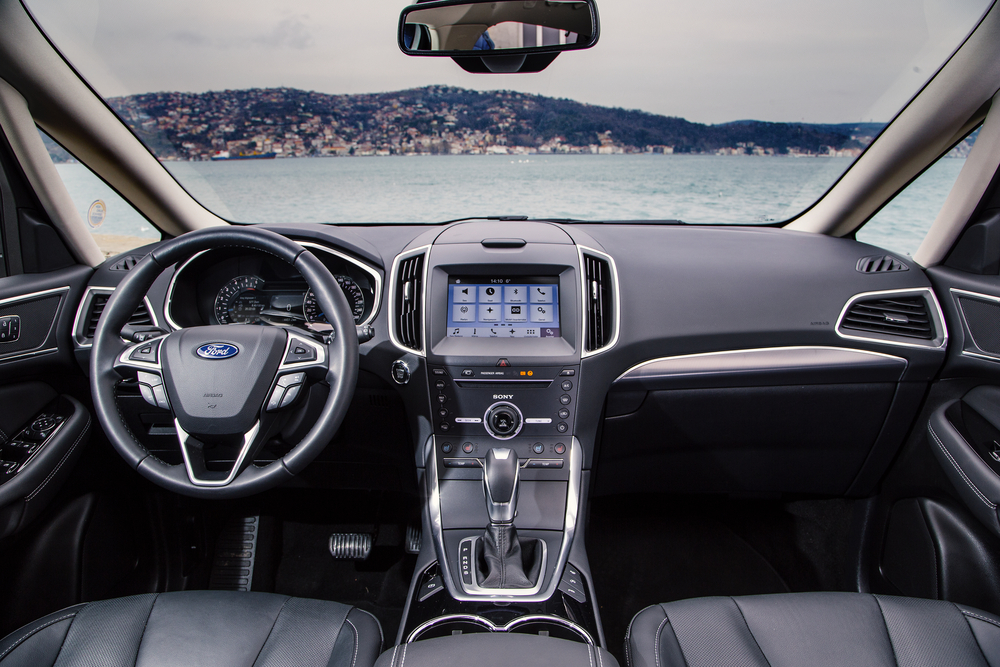 Driverless Cars: Uber car involved in fatal crash had software flaws
Driverless Cars: Uber car involved in fatal crash had software flawsNews However, US investigators still haven't determined the probable cause for the accident
-
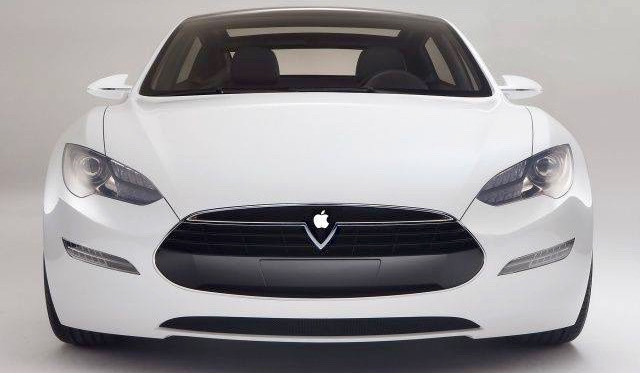 Apple car: Former Apple employee charged with stealing Apple's self-driving car secrets
Apple car: Former Apple employee charged with stealing Apple's self-driving car secretsNews Xiaolang Zhang downloaded Project Titan data and took hardware from the company's campus, FBI claims
-
 Google I/O 2016: company unveils 'Google Home' smart assistant
Google I/O 2016: company unveils 'Google Home' smart assistantNews The new AI device will go toe-to-toe with the Amazon Echo
-
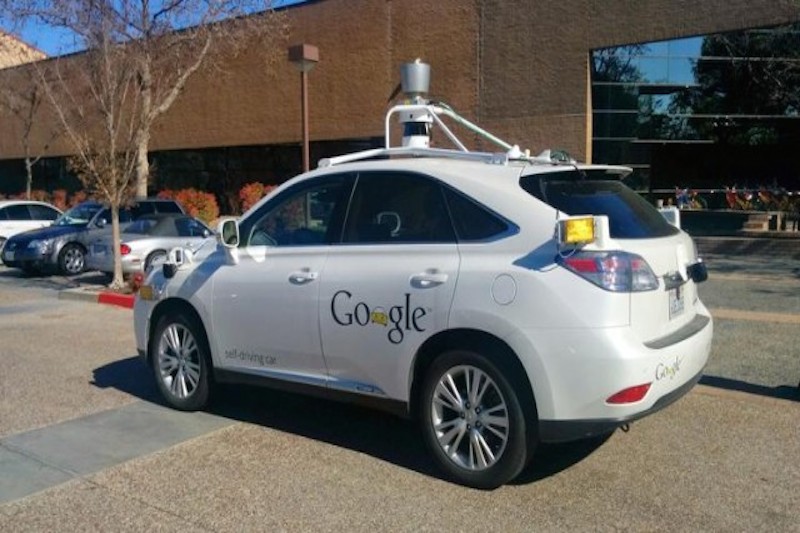 Google, Ford, Uber and Lyft form driverless cars coalition
Google, Ford, Uber and Lyft form driverless cars coalitionNews Self- Driving Coalition for Safer Streets hopes to speed up delivery of cars on the road
-
 One of Google's self-driving cars crashed into a bus and is at least partly to blame
One of Google's self-driving cars crashed into a bus and is at least partly to blameNews The accident report has just been made public
-
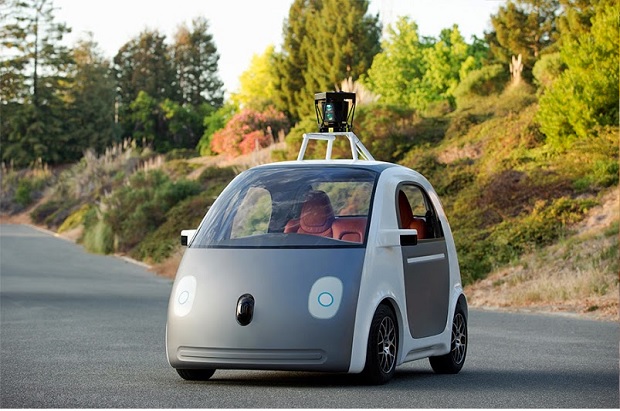 Google has been talking autonomous cars with government
Google has been talking autonomous cars with governmentNews The tech giant has been in discussions with the UK government for the past two years
-
 Uber ‘bids $3bn for Nokia mapping service’
Uber ‘bids $3bn for Nokia mapping service’News Forrester says taxi-hailing app would own customers' mobile data
-
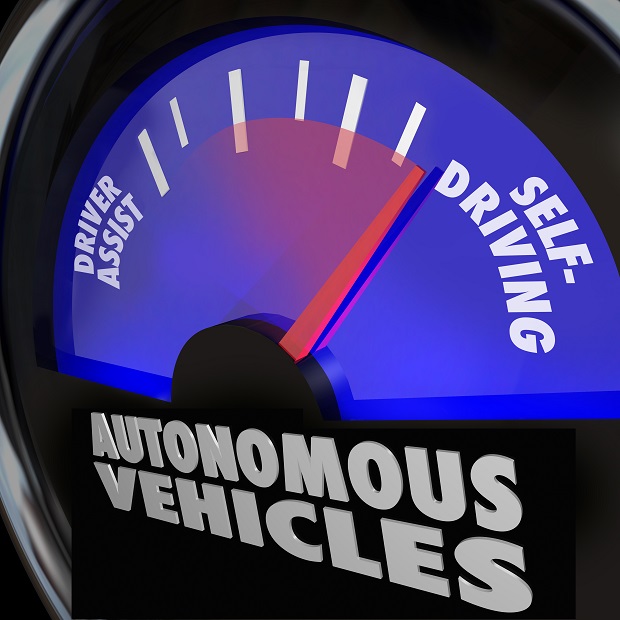 Self-driving cars will be on the roads by 2020
Self-driving cars will be on the roads by 2020News The head of Google's self-driving car project said he hopes his 11-year-old son will never have to pass his driving test

